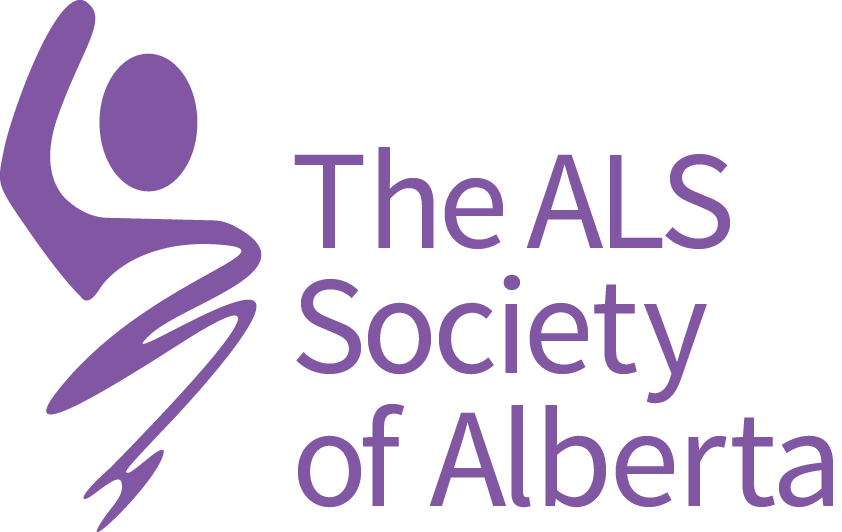My name is Monique, I was living in a three-floor walkup when my legs started to feel tired on the last flight of stairs. I attributed this to the fact that I was going to be 55 the following month and that my age was catching up with me.
I’ve spent my life as a caregiver: from babysitting in my youth to earning certificates and diplomas in dementia and companion care. Compassion, confidence, and competence have always been my true calling. I worked a lot of shifts through the summer of 2023 and I genuinely loved what I did.
Then, on September 3, while taking my granddaughter out for her birthday, she noticed I was limping. My right leg was dragging a little. I told her that I was just tired. Around that same time, I also started feeling heat and numbness in my right hand. I went to my doctor, thinking it might be menopause or arthritis. She ran bloodwork and scheduled me for a a mammogram, but that was it for now.
By early October, things had gotten worse. My hand was weakening, and stairs were becoming a real issue. I had to quit my job. My doctor helped me apply for AISH and CPPD and prescribed a walker. I was referred to Dr. Nash at the EMG Clinic, thinking I had peripheral neuropathy. But after the test, he said “You don’t have neuropathy.”
I asked him "What is wrong with me, then?” He said “I don’t know, but we will find out.”
That led to an MRI of my brain (which came back as unremarkable - a good thing!), followed by a spine MRI, and finally a spinal tap just a few days before Christmas. On Decem,ber 22, I cooked Christmas Eve dinner for my family. I kept moving, I had to! The stairs were much harder, my right side much weaker, and I was exhausted all the time. I started packing, knowing that I needed to live somewhere with an elevator.
By January I called AISH and CPPD every week, just waiting on answers. Then I got the call to come back to Dr. Nash’s office.
On February 14, 2024, I was diagnosed with ALS. I cried.
Dr. Nash gave me a big hug and told me, "You’ll be OK for a while, but then it’ll get worse all at once. Call me if I can help in any way." All I could think was “WTF!? NOW WHAT?!” I had plans! Registering for social work, going back to Quebec, camping, watching my grnadkids grow up. I had a choice to make. Give in, and let this damn disease consume me, or fight against it with all I have. I chose to fight.
I got connected to the ALS Clinic and was enrolled in four research studies. I met a whole team of professionals, and I started to feel less alone. I’m adapting to my new world. I was also introduced to the ALS Society of Alberta, apart from the good people who work there, they helped me with my physical needs: a better walker, access to equipment, and finally, an apartment with an elevator! After six months, AISH finally approved me. I guess dying moves you up the list. The ALS Society of Alberta also hosts online support groups, where I could connect with others on different paths but similar journeys.
By April 2024, I had a BiPAP machine (I hated it). I kept pushing myself to keep cooking, cleaning, and caring for myself, but every task took more out of me. I’d fall, learn, adapt, and keep going. By December, both legs and my left foot were affected. I could still walk, but just barely. At home, I used a walker, and outside I used a wheelchair.
By early 2025, things declined fast. More falls. Less independence. I could no longer cook, barely clean, and personal care was becoming more difficult. I finally signed up for home care. I started using an electric bed, a shower bench, a raised toilet seat, and an electric wheelchair. It was time to let go of the stubbornness and accept help without giving up my sense of autonomy.
Dr. Nash was right. I was okay for a long while, and then…everything started changing quickly. I’ve lost my legs. My queen-sized bed. My fierce independence. But I haven’t lost my spirit.
In September, I visited Quebec while I could still walk. My next goals? An accessible hotel in Victoria. A quick trip to Jasper. Another summer of camping. I’ve also connected with ICAN for support adapting to my new way of living.
My ALS journey continues. I’m now 15 months post-diagnosis and nearly two years since symptoms began. I hope I make it to 2028. I’ll be 60. Perseverance is my middle name. I’ll keep going until I can’t go no more. I still have things to do. And I’m not done living yet.




